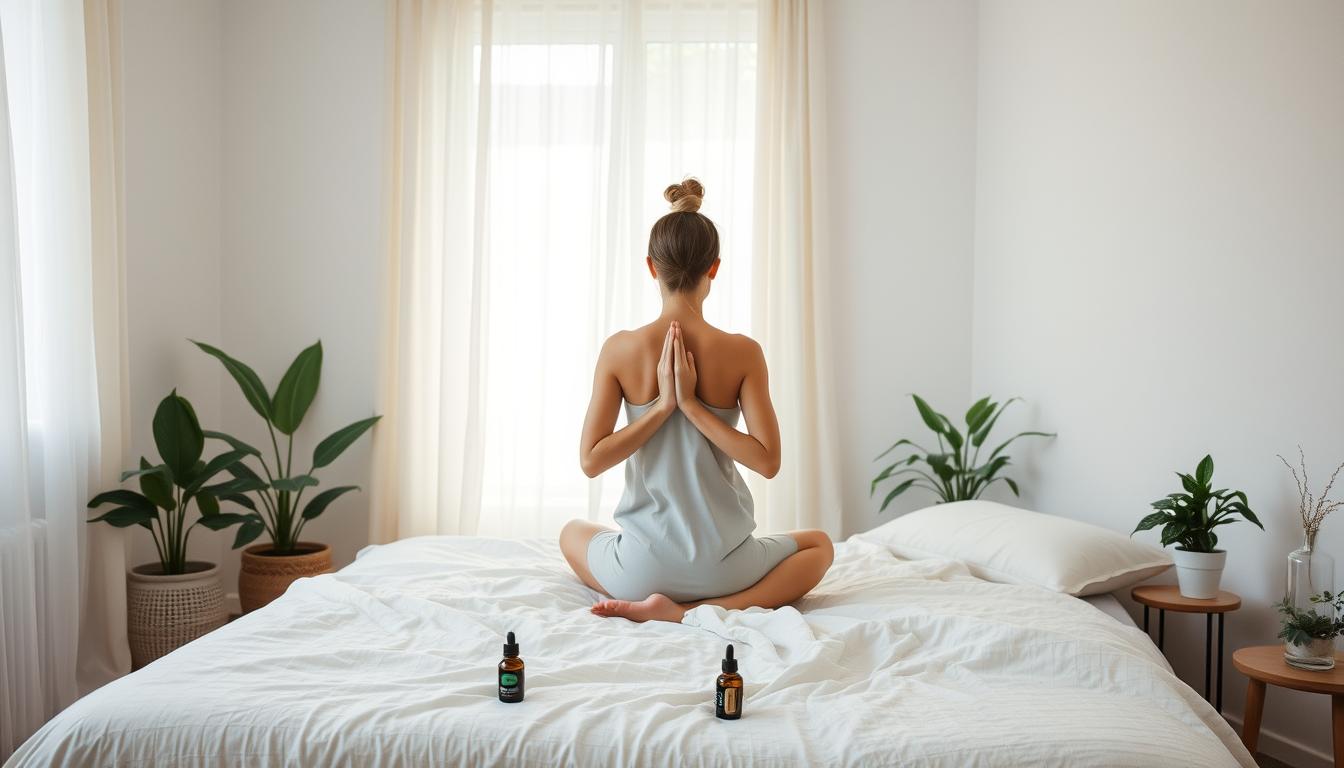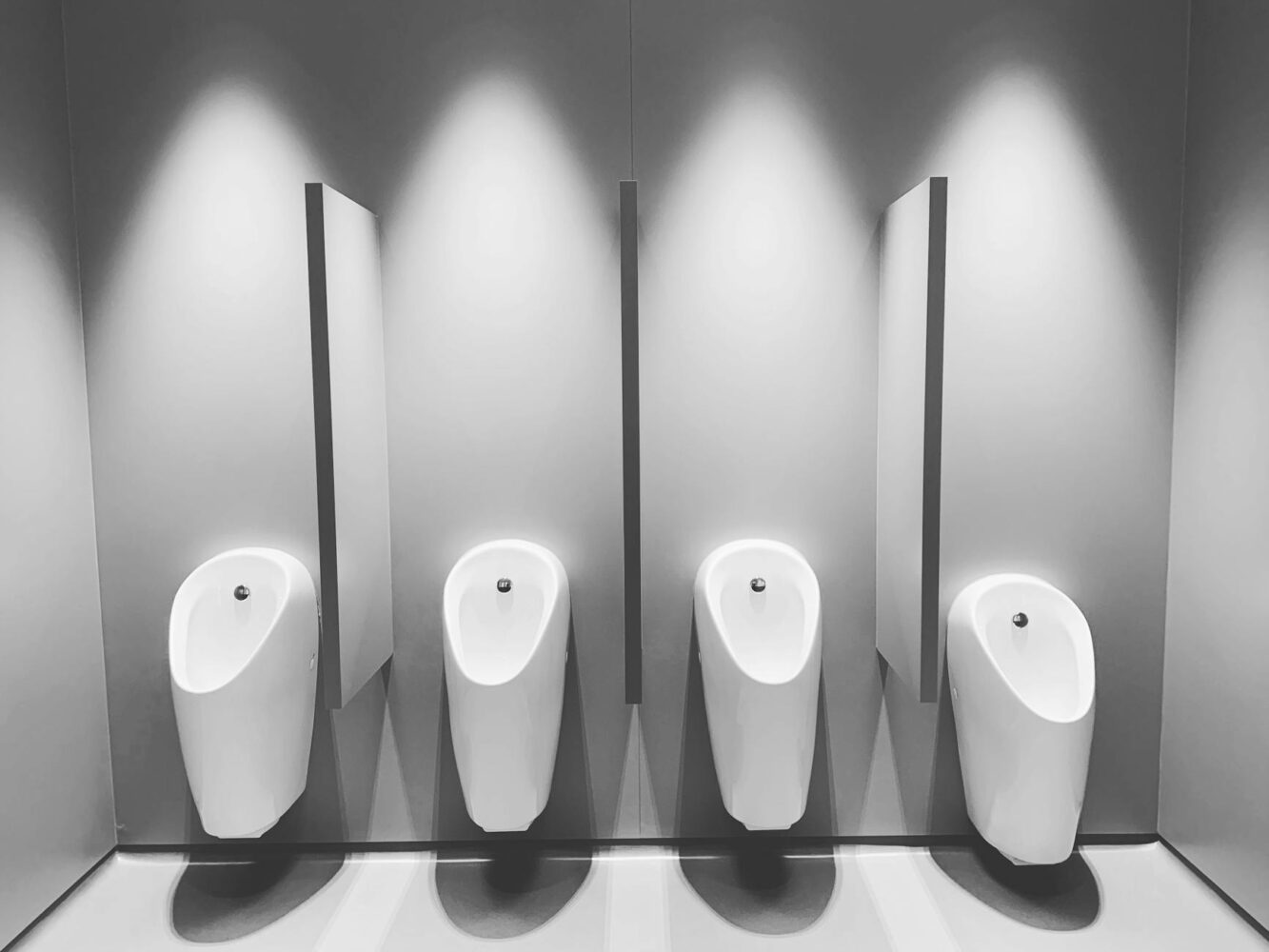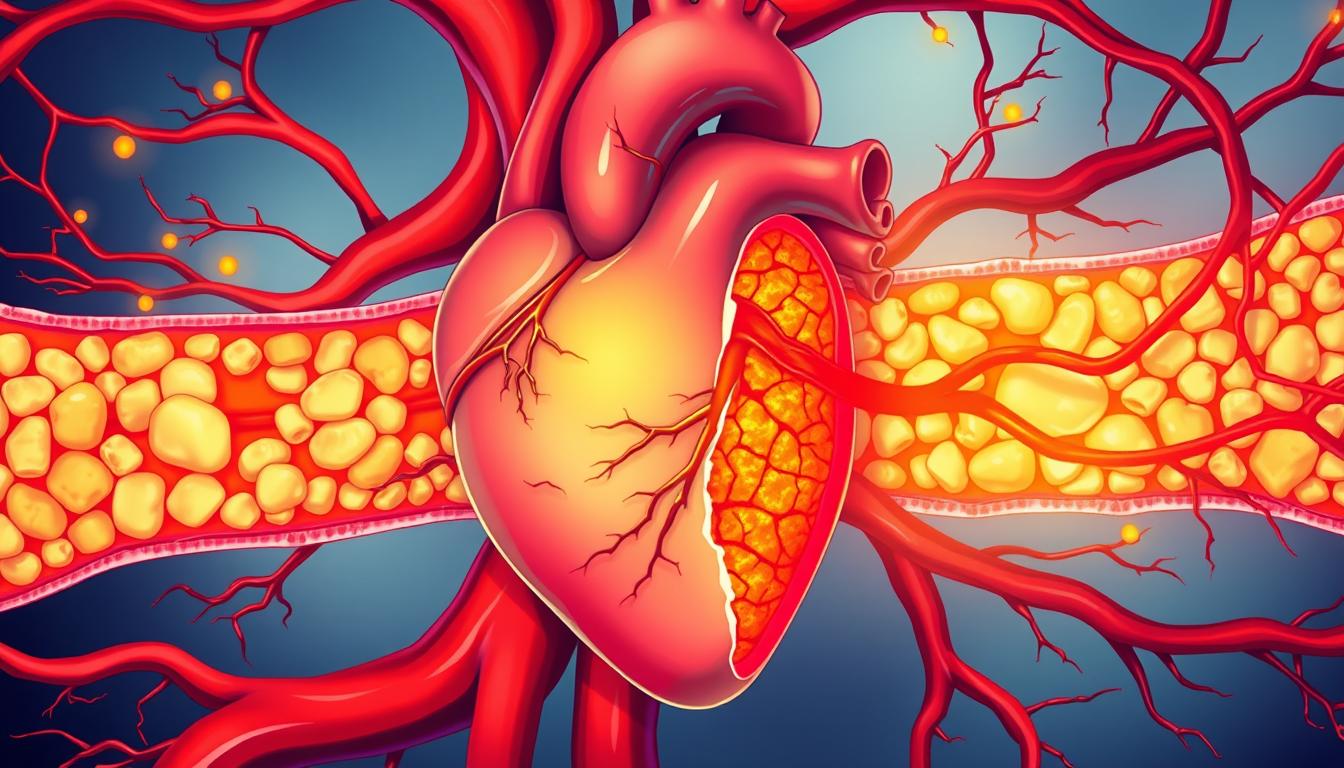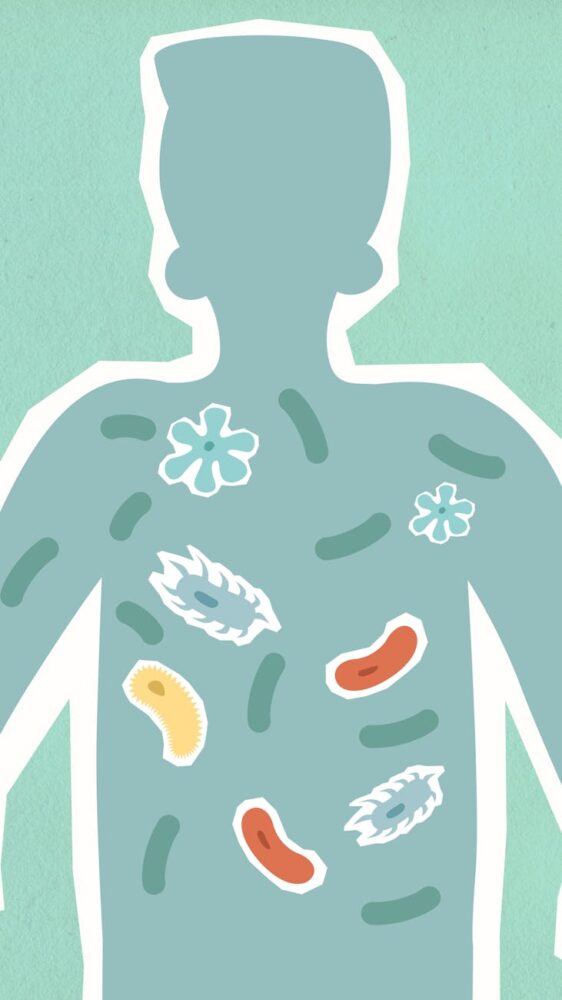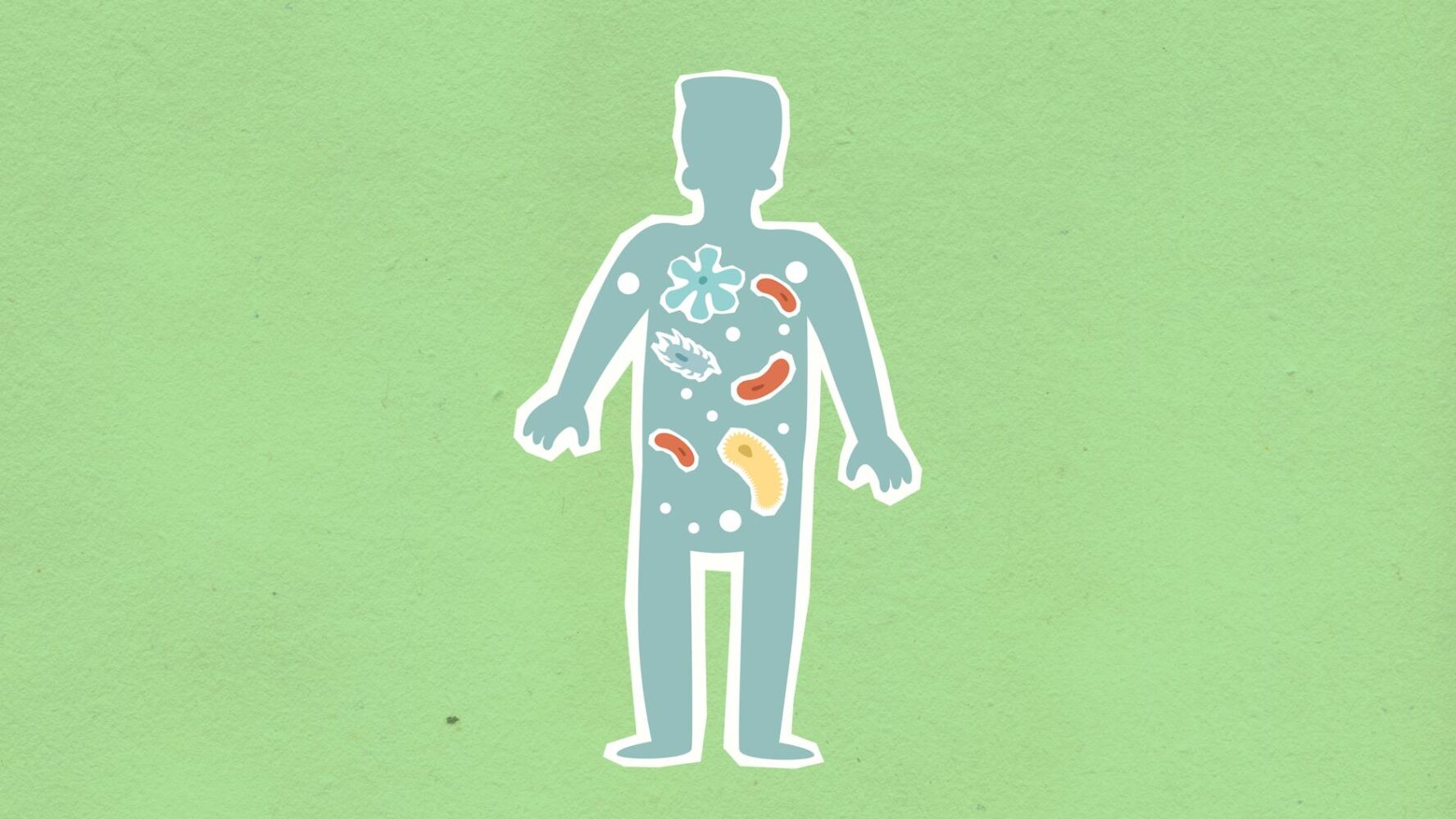Sleep apnea affects millions of Americans. If you’re searching for ways to treat it, consider natural remedies. Simple changes in your lifestyle can boost your sleep quality and health.
This article will share five natural ways to manage sleep apnea. These changes can lessen symptoms and enhance your well-being. You won’t need invasive treatments.
We’ll look at practical strategies to improve your sleep health. From eating right to exercising, we’ll discuss various methods to fight sleep disorders naturally.
Key Takeaways
- Natural remedies can effectively manage sleep apnea
- Lifestyle modifications play a crucial role in improving sleep quality
- Non-invasive strategies can reduce sleep apnea symptoms
- Simple changes in diet and exercise can have significant impacts
- Natural treatments can complement traditional sleep apnea therapies
Understanding Sleep Apnea: Causes and Symptoms
Sleep apnea is a serious sleep disorder that affects millions globally. It disrupts normal breathing during sleep, causing health problems. Let’s look into what sleep apnea is, its causes, and how to spot its symptoms.
What is sleep apnea?
Sleep apnea means your breathing stops and starts over and over during sleep. There are two main types: obstructive and central sleep apnea. Obstructive sleep apnea happens when your throat muscles block the airway. Central sleep apnea occurs when your brain doesn’t tell your breathing muscles to work right.
Common causes of sleep apnea
Many things can lead to sleep apnea:
- Obesity
- Family history
- Smoking
- Alcohol use
- Nasal congestion
- Large neck size
Recognizing sleep apnea symptoms
It’s important to know the signs of sleep apnea for diagnosis. Look out for these symptoms:
| Nighttime Symptoms | Daytime Symptoms |
|---|---|
| Loud snoring | Excessive daytime sleepiness |
| Gasping or choking during sleep | Morning headaches |
| Restless sleep | Difficulty concentrating |
| Night sweats | Irritability |
If you notice these signs, talk to a doctor. They might suggest a sleep study to confirm the diagnosis. This will help find the right treatment for your sleep apnea.
The Impact of Sleep Apnea on Overall Health
Sleep apnea can really hurt your health. It messes with your sleep, causing many health problems. These issues go way beyond just feeling tired.
Cardiovascular risks are a big worry for those with sleep apnea. Not getting enough oxygen can hurt your heart. This can lead to high blood pressure, heart attacks, and strokes.
Feeling tired all day is a big problem. It’s not just about being sleepy. It can make it hard to work, drive, and enjoy life. This tiredness can also make you feel moody and depressed.
Your brain can also be affected. Sleep apnea can hurt your memory, focus, and how you make decisions. Over time, this could raise your risk of getting dementia or other brain problems.
| Health Impact | Short-term Effects | Long-term Risks |
|---|---|---|
| Cardiovascular | High blood pressure | Heart disease, stroke |
| Cognitive | Poor concentration | Memory loss, increased dementia risk |
| Metabolic | Insulin resistance | Type 2 diabetes |
| Respiratory | Shortness of breath | Chronic respiratory failure |
It’s important to deal with sleep apnea to stay healthy. Knowing the signs and getting the right treatment can really help. It can make your life better and keep you healthy for the long run.
Top 5 Lifestyle Changes to Manage Sleep Apnea Naturally
Making lifestyle changes can help treat sleep apnea naturally. These changes can improve your sleep habits and help manage sleep apnea symptoms.
Weight Loss and Management
Carrying extra weight can make sleep apnea worse. Losing weight can ease the pressure on your airways, making it easier to breathe at night. Eating right and exercising regularly are important for managing your weight.
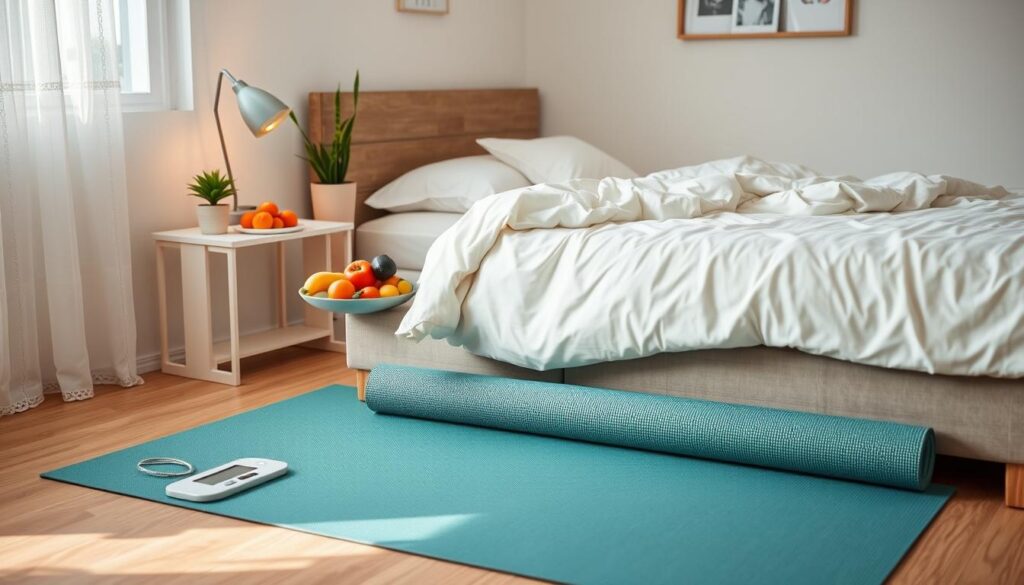
Improved Sleep Positioning
Sleeping on your side can lessen sleep apnea episodes. Use pillows to support your body and keep your head slightly raised. This helps keep your airways open.
Regular Exercise Routine
Exercise strengthens your lungs and boosts your overall health. Try to do at least 30 minutes of moderate exercise every day. This can help improve your sleep quality.
Avoiding Alcohol and Sedatives
Drinking alcohol and taking sedatives can relax your throat muscles, making sleep apnea worse. Try to limit these substances, especially before bedtime, to reduce their effect on your breathing.
Establishing a Consistent Sleep Schedule
Having a regular sleep schedule can help your body’s internal clock. Go to bed and wake up at the same time every day, even on weekends. This can improve your sleep habits.
| Lifestyle Change | Benefits | Implementation Tips |
|---|---|---|
| Weight Management | Reduces pressure on airways | Balanced diet, portion control |
| Sleep Positioning | Decreases apnea episodes | Side sleeping, supportive pillows |
| Regular Exercise | Improves respiratory strength | 30 minutes daily, moderate intensity |
| Avoid Alcohol/Sedatives | Prevents airway relaxation | Limit intake, especially before bed |
| Consistent Sleep Schedule | Regulates internal clock | Set fixed bedtime and wake-up time |
Dietary Modifications to Alleviate Sleep Apnea Symptoms
Changing what you eat can greatly help manage sleep apnea. Eating foods rich in fruits, veggies, and omega-3 fatty acids can lessen swelling in your airways. This is a big part of nutritional therapy for sleep apnea.

Some foods can make you sleep better. Try eating tart cherries, kiwis, or walnuts before bed. These foods have natural sleep helpers. But, eating big meals before bed can make things worse.
When it comes to eating and sleep apnea, timing is everything. Eat your last meal three hours before bed to let your body digest. This stops acid reflux, which can make apnea worse.
“A balanced diet and smart meal timing can significantly improve sleep quality for those with sleep apnea.”
Here are some diet changes to help with sleep apnea:
- Increase intake of anti-inflammatory foods
- Include sleep-promoting foods in your evening routine
- Practice mindful meal timing
- Stay hydrated throughout the day
- Limit caffeine and alcohol consumption
By changing your diet, you can help manage your sleep apnea better. Remember, being consistent with these changes is important for success.
Complementary Therapies and Techniques for Better Sleep
Sleep apnea sufferers can find relief through alternative therapies and holistic approaches. These methods work alongside traditional treatments to improve sleep quality and reduce symptoms.
Yoga and Breathing Exercises
Yoga combines physical postures with mindfulness practices to promote relaxation. Certain poses can strengthen throat muscles and improve breathing. Try these yoga exercises:
- Cat-Cow Pose: Enhances spine flexibility and chest opening
- Cobra Pose: Strengthens upper body and improves lung capacity
- Seated Forward Bend: Calms the mind and relaxes the body
Meditation and Stress Reduction
Meditation is a powerful relaxation technique that can ease anxiety and promote better sleep. Start with guided meditations or try a simple breathing exercise:
- Sit comfortably and close your eyes
- Breathe deeply, focusing on each inhale and exhale
- Count your breaths from 1 to 10, then start over
- Practice for 5-10 minutes daily
Acupuncture for Sleep Apnea
Acupuncture, an ancient Chinese healing practice, may help alleviate sleep apnea symptoms. This therapy involves inserting thin needles into specific body points to balance energy flow. Some studies suggest acupuncture can improve sleep quality and reduce daytime sleepiness.
| Therapy | Benefits | Frequency |
|---|---|---|
| Yoga | Improves breathing, reduces stress | 2-3 times per week |
| Meditation | Lowers anxiety, promotes relaxation | Daily, 5-10 minutes |
| Acupuncture | Enhances sleep quality, reduces symptoms | Weekly sessions for 6-8 weeks |
By incorporating these complementary therapies into your routine, you can support your overall sleep health and potentially reduce sleep apnea symptoms. Remember to consult with your healthcare provider before starting any new treatment.
Conclusion
Using natural remedies and making lifestyle changes can greatly improve your sleep. By following the tips in this article, you’re on your way to better sleep and health.
Keeping a healthy weight, sleeping in a good position, and exercising regularly are key. Also, avoid drinking alcohol and taking sedatives, and stick to a regular sleep schedule. Eating right and trying yoga or meditation can also help you sleep better.
Even though natural methods can work well, it’s smart to talk to a doctor for a full treatment plan. With medical advice and these lifestyle changes, you can manage sleep apnea and boost your health.
Begin with small steps, stay consistent, and celebrate your successes. These simple changes can lead to better sleep and health. Sweet dreams are ahead!
